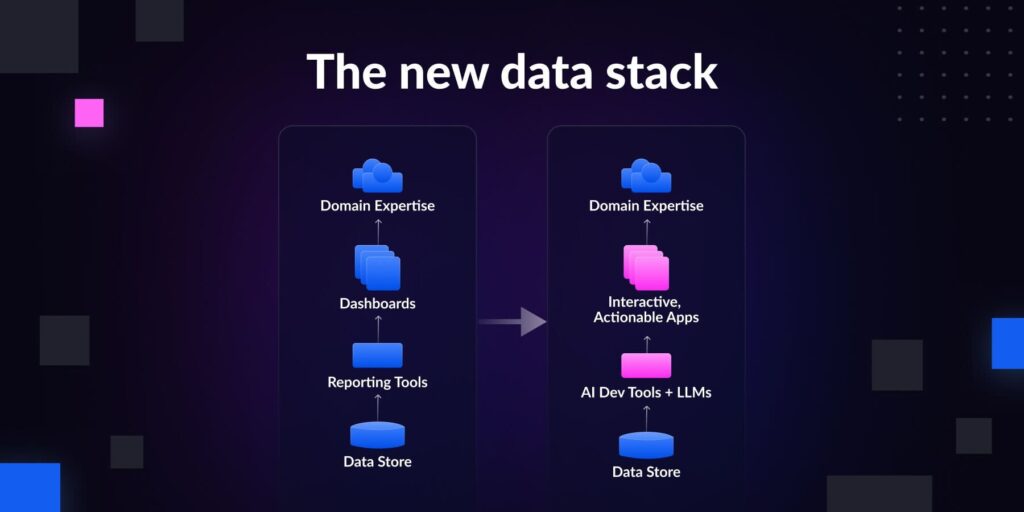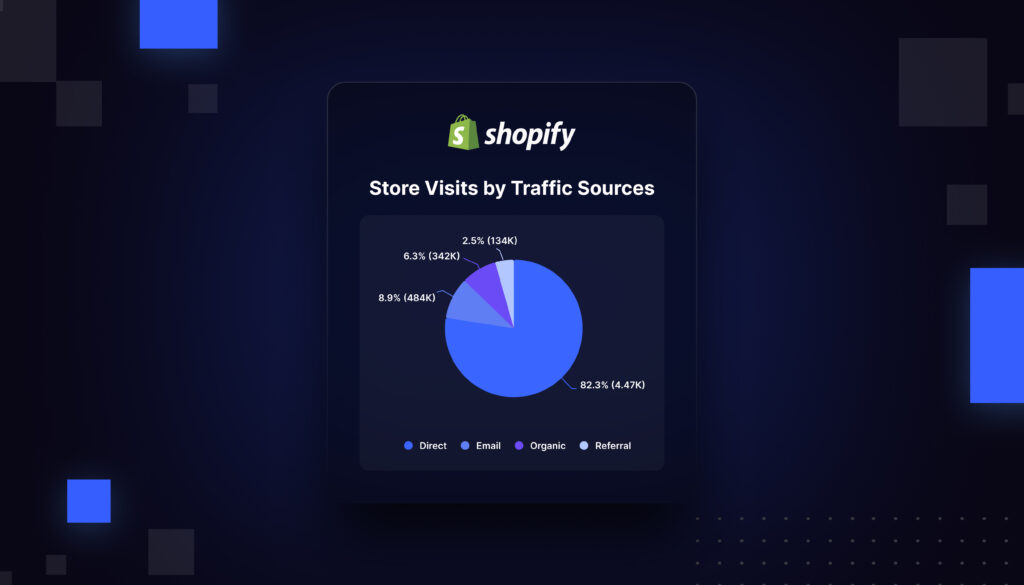You probably are hearing a lot about how revolutionary AI is soon going to be for your business.
AI assistants are going to streamline your analysis, surface growth opportunities, execute workflows, and answer all the questions you might have about your account and your performance.
These use cases are all on the horizon—and, for Intentwise users, they’re partially already here.
But here’s what’s often left out of the discussion: None of these powerful use cases will be possible if you don’t have a firm handle on your data.
Your data is the fuel that makes strong AI analysis possible. So if you only have a year’s worth of data, that automatic account analysis or opportunity spotlighting just won’t be as strong.
The AI recommendations might be too vague, or just bad advice, since they’re missing key contextual information about your business.
As you prepare for an AI future, remember that the more data you are able to own for yourself, the better.
You can be using the most sophisticated AI-backed platform in the world, but if your data is a mess, you won’t be able to pull any consequential insights from it.
Make sure you are exporting your data out of Amazon
So what does it mean to own your data?
When we say “own your data,” basically we’re referring to the idea that you are automatically backing up all of your metrics as they roll in, preferably in some kind of data warehouse that you control.
To get there, think of this in two steps.
The first step is to ensure that all of your key metrics aren’t just languishing in the Amazon Ad Console (and other marketplace consoles).
This might not always be so intuitive. As Amazon rolls out more native tools for its Ad Console, it is tempting to keep your data in Amazon. You can now create custom dashboards directly in Amazon, for instance.
The problem is, these tools in the Console really shouldn’t replace an external data platform.
When your data only exists in Amazon, it might eventually disappear. You risk suffering from data outages, and, more importantly, from data that automatically expires as the lookback window passes.
If a year passes and you haven’t been saving your reports, you’ll lose all of that info on your historical performance.
You need to be sure you’re always backing up your data from Amazon.
The cumbersome way is to constantly download all of your ads and sales reports, and then stitch them together by hand in Excel.
Or, you can use an external platform that brings in all of the Amazon and Walmart APIs. With APIs, your data will auto-populate without ever needing to download a report again.
And when you use a partner like Intentwise, we’ll automatically flag and resolve data errors from Amazon’s end for you.
Don’t sign away your right to your data history
The other way that you might lose access to data is by working with an external partner that reserves some right to control it.
If you’re a brand, you may run into partners who set up a data warehouse for you but who don’t actually let you keep that data if you ever stop working together.
It’s important to be aware of these trade offs. Whenever you work with a new partner, be aware of where your data is going and what will come of it if the relationship is ever terminated.
You could have found a great partner—but if, after three years together, they don’t let you transfer out your data, that’s a crucial training data set for AI that’s abruptly lost.
For what it’s worth, brands that use Intentwise will always get to own their full data sets. We’ll help you set up your warehouse and/or forge the data pipelines to it from Amazon or Walmart, but we leave your actual data firmly in your hands.
Why does data ownership matter so much now?
We’re heading to a future where AI will become an always-on layer of your business, a tool that is constantly assessing your performance and the performance of your competitors and identifying areas of improvement.
You won’t need to constantly refresh your dashboards. In fact, with an AI-integrated platform, you won’t even have to look at a dashboard.
AI-integrated marketing software will be like living and breathing assistants, responsible for many of the key functions and analysis across your accounts.
But for this analysis to be truly accurate and impactful, you need to be sure you are training it on an extensive and well-organized data set.




